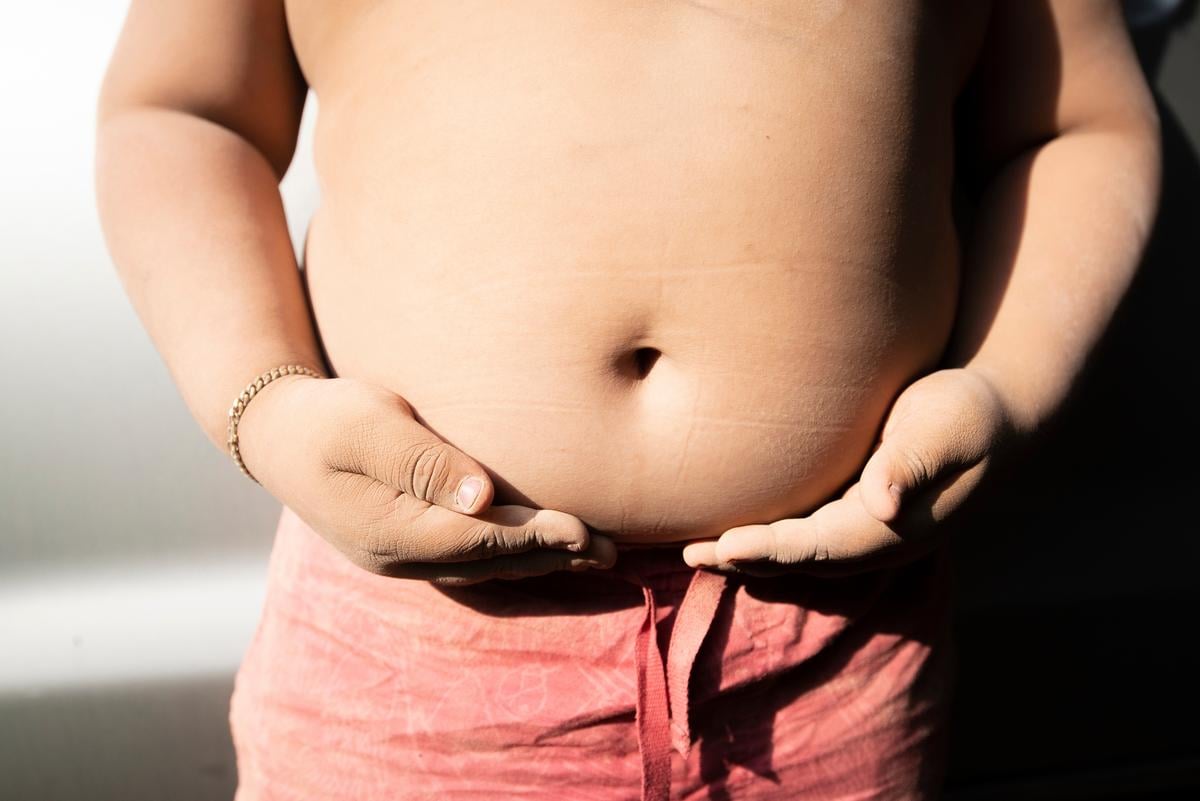Increased risk seen for any occurrences of PASC symptoms and conditions among those with obesity, severe obesity versus healthy weight
By Elana Gotkine HealthDay Reporter
WEDNESDAY, Oct. 30, 2024 (HealthDay News) — For children with severe acute respiratory syndrome coronavirus 2 (SARS-CoV-2) infection, elevated body mass index (BMI) is associated with an increased risk of postacute sequelae of SARS-CoV-2 infection (PASC), according to a study published online Oct. 28 in JAMA Network Open.
Ting Zhou, M.D., Ph.D., from the University of Pennsylvania in Philadelphia, and colleagues conducted a retrospective cohort study in 26 U.S. children’s hospitals to quantify the association of BMI status before SARS-CoV-2 infection with pediatric PASC risk. Data were included for 172,136 participants (mean age at cohort entry, 13.1 years).
The researchers found that participants with obesity and severe obesity had a significantly increased risk for PASC compared with those with healthy weight (relative risks, 1.25 and 1.42, respectively) when identified using the diagnostic code. There was an increased risk for any occurrences of PASC symptoms and conditions among those with obesity and severe obesity compared with those with healthy weight (relative risks, 1.11 and 1.17, respectively); when assessing total incident occurrences among those with overweight, obesity, and severe obesity, the association held (relative risks, 1.05, 1.13, and 1.18, respectively).
“Addressing obesity as a modifiable risk factor could alleviate the burden of PASC and improve pediatric health postpandemic,” the authors write. “Further research is needed to explore specific PASC symptoms associated with BMI.”
Several authors disclosed ties to the pharmaceutical industry.
Copyright © 2024 HealthDay. All rights reserved.








